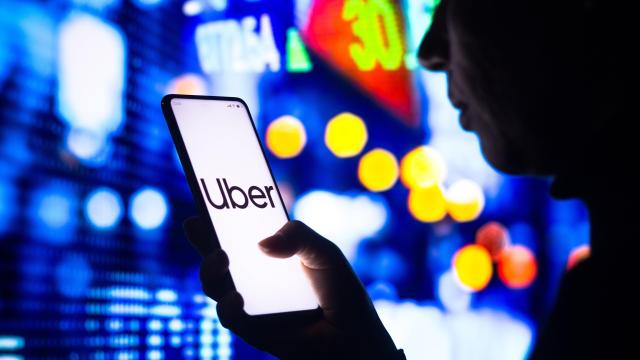Having thoroughly disrupted taxis, street congestion, and the basic rights of workers, Uber’s now setting its sights on the travel industry. The company announced on Tuesday that it plans to roll out a pilot giving users the option to book trains, planes, and bus rides inside its app on top of its traditional car-based ride booking system.
These services are going to be test-run for users in the U.K starting this summer, with hotel reservations to follow next year. Unlike its regular ride-hailing, Uber isn’t going to be providing these services via gig-worker pilots or gig-worker bus drivers (which do actually exist). Instead, it plans to integrate with pre-existing partners that already sell tickets in the travel space — and just have users buy those tickets via Uber’s app instead, according to Jamie Heywood, one of the company’s U.K. executives. Uber says it “may” take a cut from each of these bookings, naturally. Whether the pivot will change the infamously unprofitable behemoth into even a modestly profitable business is still an open question.
“You have been able to book rides, bikes, boat services and scooters on the Uber app for a number of years, so adding trains and coaches is a natural progression,” Heywood said, adding that the goal was to transform Uber into a “seamless door-to-door travel experience.”
Uber’s always wanted to be more than just a ride-hailing app. In 2018, then-CEO Dara Khosrowshahi told a conference room full of people he had plans to turn Uber into the “Amazon of transportation,” with plans to expand its car fleets into e-bikes and e-scooters. A year later, the company was rolling out drones and helicopters, a freight shipping service, driverless cars and more.
But a “travel experience” company, like the one Heywood described sounds like something closer to an Expedia or another company in the tourism business, not transportation. That’s kind of the point; Uber wants to be the company where you book your hotel, the flight you use to get there, and the car you use once you land. And after that, it wants you to use Uber Explore — a new offering introduced just last month — to sniff around for nightlife, events, and tourist-y stuff to do in the area. It wants you to order local cuisine using Uber Eats.
It’s not a shock that Uber would trot out this identity shift now. Despite the fact that the hell of the coronavirus pandemic is anything but over, tourists have started to bounce back in numbers that more than double what we saw last year. Uber isn’t the only one trying to get a slice of this reemerging multi-billion dollar pie; Google began courting hotel-goers with booking links directly in search earlier this year, and Amazon is pitching its call-centre tech to hotel and airport operators.
What we’re seeing with this new announcement is a ride-hailing service that’s morphing into something less defined for the sake of profits, and taking all of its users along for the ride. It’s a consequence of how all tech companies — from Uber, to Slack, to TikTok — adapt to a tech economy that pushes every company to be an Everything Company in order to survive.
